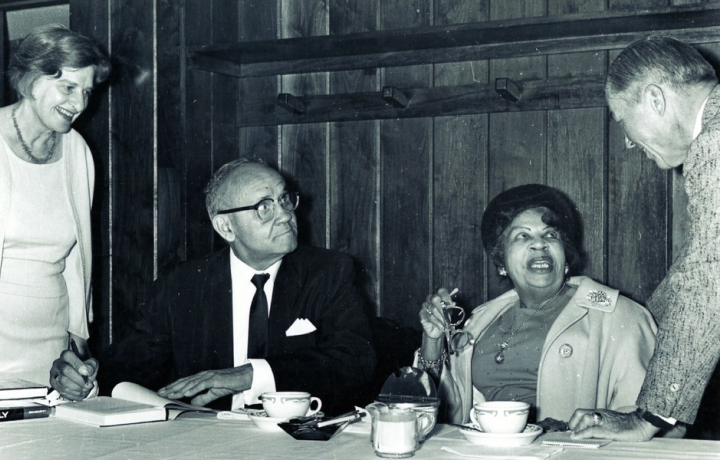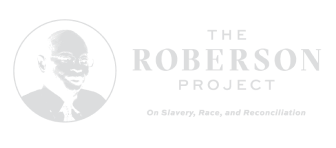Bibliography
- Andrews, William L. To Tell a Free Story: The First Century of Afro-American Autobiography, 1760-1865. U of Illinois P, 1986. https://www.press.uillinois.edu/books/?id=p060335
- Documenting the American South: North American Slave Narratives. University Library at the University of North Carolina at Chapel Hill, https://docsouth.unc.edu/neh/intro.html.
- Du Bois, W. E. B. The Souls of Black Folk. Project Gutenberg, Jan 1996, https://www.gutenberg.org/ebooks/408.
- Dunbar, Paul Laurence. “We Wear the Mask.” The Complete Poems of Paul Laurence Dunbar. Project Gutenberg, 7 May 2006, https://www.gutenberg.org/ebooks/18338.
- Gates Jr., Henry Louis. Bearing Witness: Selections from African-American Autobiography in the Twentieth Century. Pantheon, 1991. https://www.google.com/books/edition/_/oLvtAAAAMAAJ
- Green Moody, Joycelyn. A History of African American Autobiography. Cambridge UP, 2021, Google Books, https://books.google.com/books?id=ye9DEAAAQBAJ.
- Huber, Hannah. "Connecting the 'Scattered Illogical Dots': The Ely Green Digital Variorum and the Digital Praxis of Un-editing." Interdisciplinary Digital Engagement in the Arts & Humanities (IDEAH), vol. 3, no. 2, 2024. https://ideah.pubpub.org/pub/6i1voeln
- ---. "Works Cited." https://ideah.pubpub.org/pub/6i1voeln#works-cited

“If the individual black self could not exist before the law, it could, and would, be forged in language, as a testimony at once to the supposed integrity of the black self and against the social and political evils that delimited individual and group equality for all African-Americans. The will to power for black Americans was the will to write; and the predominant mode that this writing would assume was the shaping of a black self in words.”
- Henry Louis Gates, Jr.



